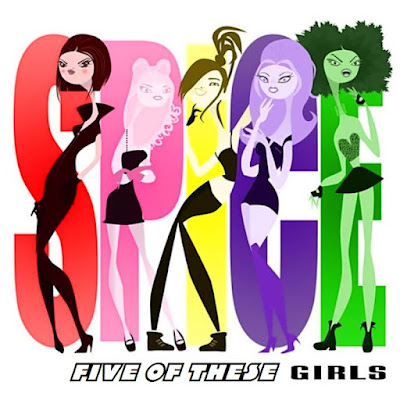In 1997 Kylie Minogue released her sixth studio album 'Impossible Princess', representing a drastic change in her musical direction, incorporating elements of electronica and alternative music. The British public was unimpressed, viewing it as a trend-chasing attempt, and failed to identify with her new intimate image as "IndieKylie", with the backlash resulting in 'Impossible Princess' having little impact on British record charts, and ultimately resulting in her leaving Deconstruction Records after a six-year relationship. Following the split, Minogue took a break from recording music to focus on her acting career, although she did perform Duran Duran's 'The Reflex' on the tribute compilation 'Undone: The Songs Of Duran Duran' in 1999, and she also collaborated with the Pet Shop Boys on a duet entitled 'In Denial' on their 1999 studio album 'Nightlife'. This prompted the band's label Parlophone to sign Minogue in June 1999, and in an early meeting with the label to discuss which direction she intended to pursue, she decided to return to her pop roots, as she realised that this was the kind of music that people wanted from her. Her team approached PWL owner Pete Waterman to be involved in the project, as the pair had worked together earlier in her career, but the collaboration did not happen. Instead she felt that working with different producers would help the album have a diverse feel, and so she recorded the songs in Sydney, London, and finally Los Angeles, where she put the final touches to the album. Former Take That member Robbie Williams contributed three songs with his songwriting partner Guy Chambers, 'Loveboat', 'Your Disco Needs You', and 'Kids', with Minogue sharing the songwriting credit on the first two, and she found Williams to be her ideal male counterpart based on their similar musical output. 'Spinning Around' was released as the lead single from the 'Light Years' album in June 2000, with two previously unreleased tracks on the flip, the alternative dance number 'Cover Me With Kisses' and the acoustic 'Paper Dolls'. The second single was 'On A Night Like This', and once again it had a new track on the b-side, being the ballad 'Ocean Blue', whereas the next release was the duet with Williams, with 'Kids' having four original tracks by Williams on the b-side, and Minogue only appearing on the A-side. The fourth single 'Please Stay' was the final release from 'Light Years' in the UK, and was backed by two exclusive b-sides, being a cover of 'Santa Baby' (omitted from this post as it didn't really fit with the other tracks) and the previously unreleased 'Good Life'. One last single was released just in Australia and Germany, and fans who bought 'Your Disco Needs You' were treated to specially commissioned re-mixes of the A-side plus album track 'Password'. 'Light Years' received generally positive reviews from contemporary music critics, and in retrospect is generally considered to be one of Minogue's strongest releases, and so a companion record of b-sides, film soundtrack work, collaborations, and the theme to the UK soap/drama 'Night And Day' should be equally strong, and it turns out to be just that, so enjoy some rare Kylie at her poptastic best.
01 Cover Me With Kisses (b-side of 'Spinning Around' 2000)
02 Paper Dolls (b-side of 'Spinning Around' 2000)
03 Ocean Blue (b-side of 'On A Night Like This' 2000)
04 Physical (bonus track on Australian edition of 'Light Years')
05 The Reflex (with Ben Lee, from 'UnDone', the Duran Duran tribute album 1999)
06 Good Life (b-side of 'Please Stay' 2000)
07 Always And Forever (theme to the TV series 'Night And Day' 2001)
08 I Feel Love (Donna Summer cover)
09 Bury Me Deep In Love (with Jimmy Little, from 'Corroboration', the Australian comp. 2001)
10 The Real Thing (from the soundtrack of the film 'Sample People' 2000)
11 G-House Project (from 'When Young Terrorists Chase The Sun' by Gerling 2001)











